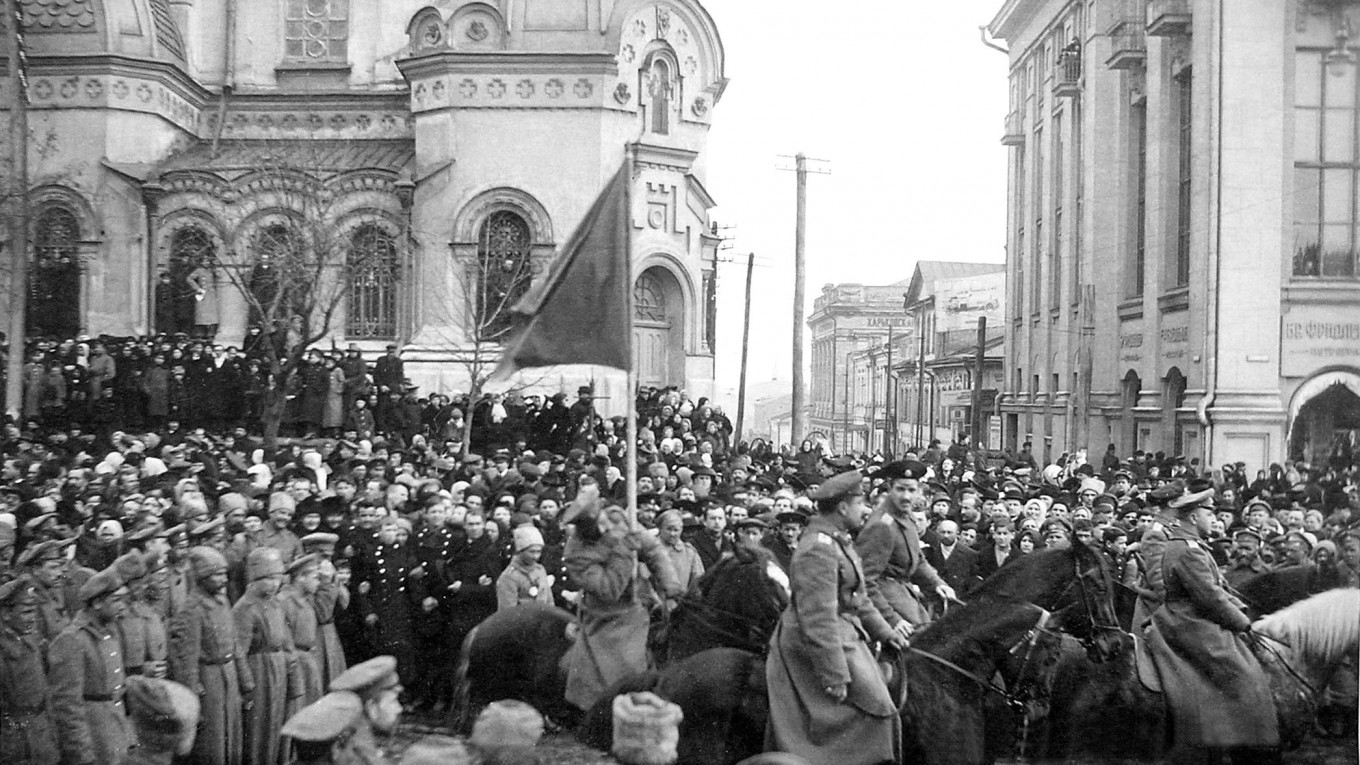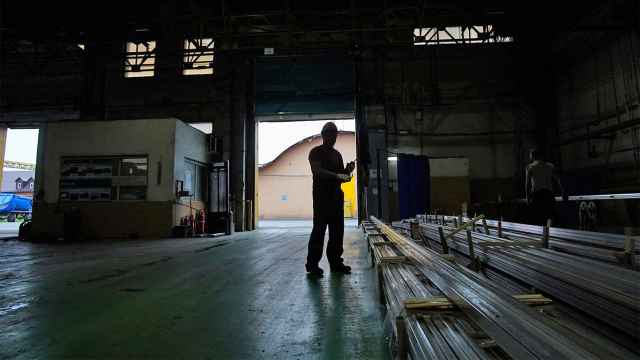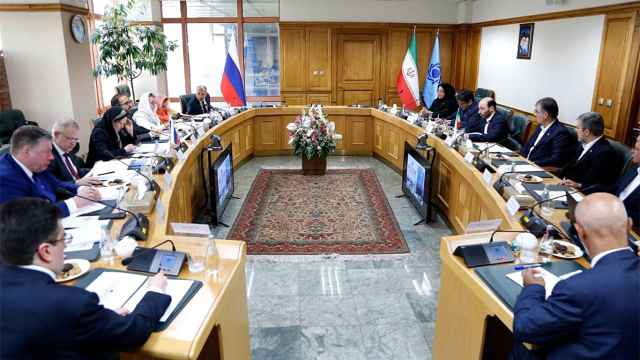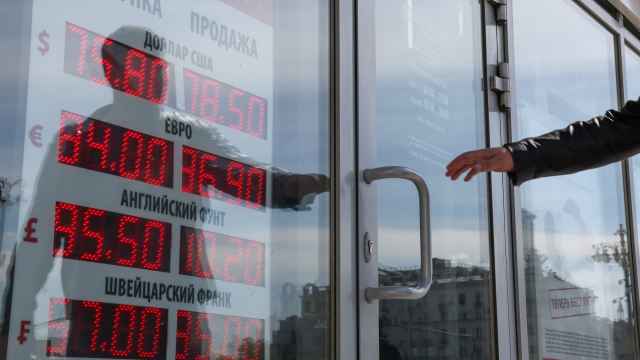It’s no surprise we think the 1917 Bolshevik revolution was bad for Russia. Which other major economy suffered five massive declines in industrial or agricultural output in the 20th century? That’s the result of two prolonged invasions, a civil war, two famines plus the collapse of all trading links and an economic system.
Without the Bolshevik revolution in 1917, Russia might have suffered just three or even fewer disasters, like China or Germany. It might have become considerably more prosperous and populous.
In our opinion, these disasters are why Russia lost the chance to converge its per-capita GDP and democracy score with Italy or Spain. Instead, Russia’s obvious peer is again Mexico and pre-1917 data look very familiar.
Stalin’s industrialization, misleading lessons
Lenin prioritized education and his policies lifted literacy rates of around 30 percent before the war to between 70 and 80 percent in the 1930s, which then allowed Stalin to industrialize the USSR.
In 1900, Russia’s human capital was similar to that of Mexico and lagged behind Brazil. By 1940, Soviet literacy was a decade ahead of Spain and 50 years ahead of India, while industrial output had quadrupled in just over a decade. This may have been communism’s greatest success.
On per-capita measures of output, the USSR was still 50 years behind the advanced economies of the US, the UK or Germany. But industrial capacity was sufficient for the USSR to play the primary role in defeating Nazi Germany in World War II.
The relevance of this today is the confirmation that state-led policies will not create an industrialized economy unless you have high literacy rates.
Ethiopia may be able to build pockets of industry, but countries with literacy rates of around 60 percent – like Nigeria, Bangladesh and Pakistan – are still at least a decade away from the industrializing boom Russia experienced in the 1930s.
Forced industrialization is not a realistic option for developing countries without high literacy.
Much hasn’t changed, despite 1917
Two-thirds of Russia’s exports were raw materials pre-1917. Today, it’s roughly the same.
Pre-1917, Russia was the world’s biggest exporter of grain. From 2015 to 2017, the countries that made up imperial Russia were again the world’s largest exporters of grain. Pre-1917, foreigners owned nearly one-third of Russian debt. Today, foreigners own nearly one-third of Russian debt.
Pre-1917 foreigners got 5 to 8 percent dividend yields from Russian utility shares. Today, it’s just the same, 5 to 8 percent for utility shares. The capital account was opened in 1897 and is open again. The state still owns the railways and still has a dominant role in banking.
Brazil and Mexico were Russia’s peers then – and they are again now. The most literate parts of the Imperial Russia in 1897 are also the most successful in 2017.
Communism’s failures
The Soviet Union’s challenge to capitalism peaked around the time the USSR sent the first man into space when one estimate suggests Soviet per-capita GDP was 30 percent above that of fascist Spain.
The country’s agricultural prowess — it was the world’s largest grain exporter in the Tsarist era — had already been ruined via the Stalinist policies that led to the 1930s famine. What happened from the 1960s was continued suppression of consumption, like China today, in favor of investment.
Unlike China today, this focused on the unproductive defense sector, so Russia diverged again from the West. Russia has been left with a large arms industry, and expertise in nuclear power, but little else that is value-added, customer-oriented and can capture global market share.
100 years on
A century later, Russia’s peers are once again Mexico — they now share the same inflation target — and Brazil, as they were in 1900. But from here, the outlook is much better than it was.
Russia was poor and poorly educated 100 years ago. Today, per capita GDP is closer to $10,000, with a political system that is common to many emerging markets, but a population is one of the best educated in emerging markets.
Conflict with the outside world is today mainly rhetorical, while in the first half of the twentieth century it was very real and all too deadly.
Communism took away Russia’s chance to converge with richer European countries in the second half of the 20th century, but since the end of communism, Russia has already shown strong powers of recovery, agriculture and energy production. It again attracts interest from foreign investors.
What is needed now is structural reform that will allow Russia again to try and outpace Italy and Spain, helped by the adoption of the market economy married to the education bequest of the old Bolsheviks.
Charles Robertson is Global Chief Economist at Renaissance Capital
The views and opinions expressed in opinion pieces do not necessarily reflect the position of The Moscow Times.
A Message from The Moscow Times:
Dear readers,
We are facing unprecedented challenges. Russia's Prosecutor General's Office has designated The Moscow Times as an "undesirable" organization, criminalizing our work and putting our staff at risk of prosecution. This follows our earlier unjust labeling as a "foreign agent."
These actions are direct attempts to silence independent journalism in Russia. The authorities claim our work "discredits the decisions of the Russian leadership." We see things differently: we strive to provide accurate, unbiased reporting on Russia.
We, the journalists of The Moscow Times, refuse to be silenced. But to continue our work, we need your help.
Your support, no matter how small, makes a world of difference. If you can, please support us monthly starting from just $2. It's quick to set up, and every contribution makes a significant impact.
By supporting The Moscow Times, you're defending open, independent journalism in the face of repression. Thank you for standing with us.
Remind me later.






